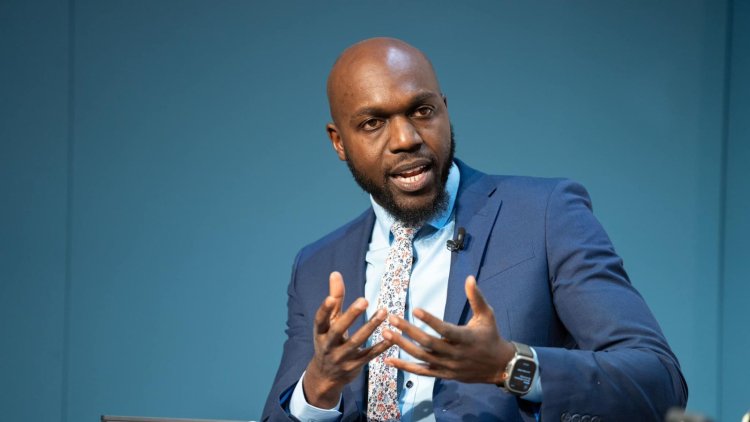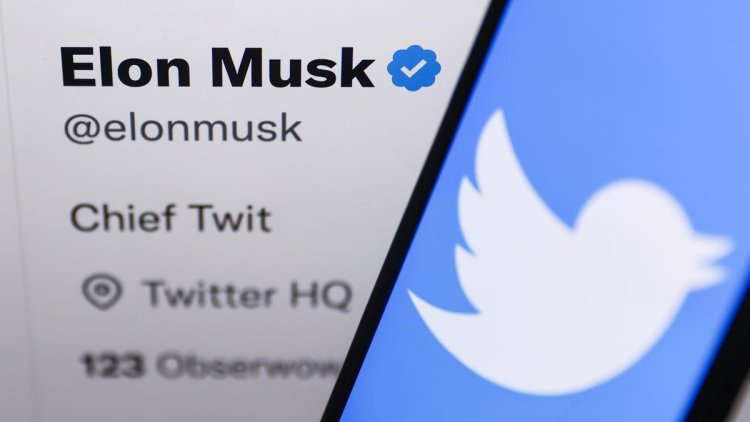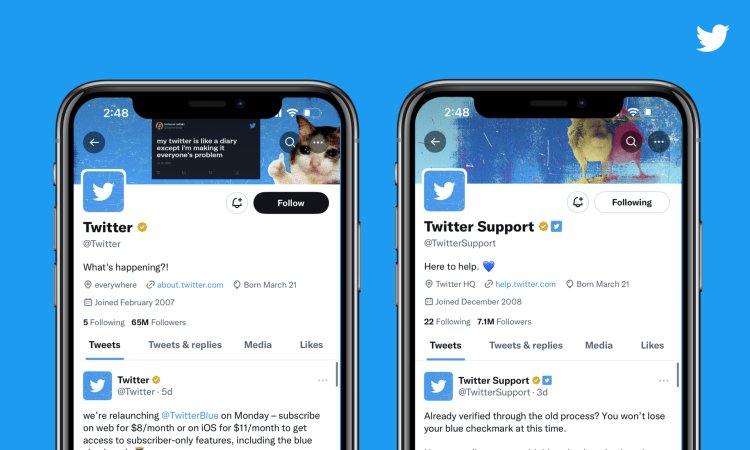Why Journalists Won't Pay For Twitter Verified Badge: Larry Madowo
Madowo expressed that even though he would decide to pay to get his verification badge, it would be hard for users to distinguish between...

CNN international correspondent, Larry Madowo on Saturday, April 22 remained firm on his decision not to pay for Twitter's new subscription service, Twitter Blue, which includes a fee of $8 (Ksh1,419) for the coveted verification badge.
Speaking in an interview with the TV station, Madowo expressed that even though he would decide to pay to get his verification badge, it would be hard for users to distinguish between the real Madowo and 30 other parody accounts he revealed were set up to compete against him on the platform.
This is because the parody users would also take the same direction and pay to get the coveted blue badge, intensifying the purported competition and increasing the level of confusion among users who rely on Twitter for news updates.
"No, I will not pay for $8 and the simple reason is that even if I pay to get re-verified it does not mean that I am who I am or who I say I am.

"Today I counted at least 30 different other people who are claiming to be Larry Madowo on Twitter and any of them can also pay $8 of Twitter Blue and get verified and that is precisely the problem," he stated.
Madowo further expressed fear that the verification changes announced and implemented by Chief Twit and American billionaire, Elon Musk, have taken away the power of respectable journalists who share credible information on the platform.
He noted that any Twitter user can take advantage of the paid verification for malicious purposes such as to spread misleading information and fake news as well as misinform, impersonate and run online scams as fraudsters, thus turning the platform into an imposter's paradise.
The former NTV anchor further accused Musk of deliberately using the feature to delegitimize the media and devalue the voices of journalists as well as credible voices on the platform, despite Musk revealing in a previous interview with NBC Universal that the changes were meant to empower citizen journalists.
"The thing that a lot of traditional journalists don't like is that they don't like being put on the same platform as the average citizen. They don't like their voice being the same, they're pretty mad about that.
"I think it's very important to elevate citizen journalism and to hear the voice of the people, the actual people, not the filtered voice of the people," Musk argued.
Madowo also raised an issue with Musk allowing Twitter users to decide what the truth is, noting that it is a fundamental misunderstanding of what the facts are.
"When you muddy the waters you allow people to then bend the truth and the facts and that's what Twitter could quickly become," he added.
Madowo had revealed that he reached out to Twitter for a response regarding the steps it would take about impersonation and fraud on the platform after it deleted all the verified legacy checkmarks during its mass purge on Thursday, April 20, only to receive a 'poop' emoji as a response, indicating that the Twitter boss did not have a way to respond to media inquiries.
He added that the changes could also risk in parody accounts of government organisations emerging and spreading fake news in the midst of stories making international headlines.
One such example was a fake account purported to be from the Rapid Support Forces (RSF) in Sudan which purchased a blue tick and tweeted on Wednesday, April 19 that Dagalo, commonly known as Hemeti, had died in the ongoing fighting in Sudan.
"If people, malicious actors, take advantage of that to mislead people, to incite people to violence, this could have real-world harm in ways that I don't think have been imagined at this time," he added.
Madowo however faced backlash from a section of social media users, with one of them, Eve Maina, accusing his colleagues of spreading misinformation regarding the COVID-19 vaccines during the pandemic and that misinformation was there before the changes, claims Viral Tea could not independently verify.
The explosive rise of parody accounts belonging to Kenyan media houses forced the likes of Citizen TV to initiate a solution that would see the station pay for verification after more than five parody accounts emerged and spread fake news using the station's profile picture.

An image of gold checkmarks on Twitter accounts. /TWITTER

 admin
admin 




